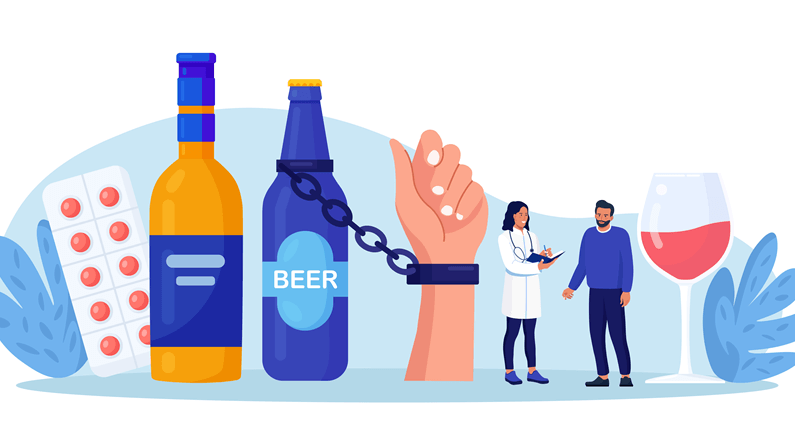Understanding Drug Addiction
Addiction is a complex condition characterized by a person’s inability to stop consuming a substance or engaging in an activity, despite its harmful effects. This can include dependence on substances like smoking, alcohol, and drugs, as well as activities like gambling, gaming, and social media.
Drug Addiction: A Disease
Drug addiction, also known as substance use disorder, is a disease that affects the brain and behavior, leading to a loss of control over drug use. While the initial decision to take drugs may be voluntary, repeated use can lead to brain changes that make it difficult to resist the urge to use.
Drug Abuse vs. Addiction
Drug abuse refers to the use of legal or illegal drugs in ways that are not intended or recommended. Addiction, on the other hand, is a chronic condition characterized by a person’s inability to stop using a substance despite its harmful effects.
Symptoms of Drug Addiction
Some common symptoms and behaviors of drug addiction include:
– Feeling compelled to use the substance daily or multiple times a day
– Intense urges to use the substance that block out other emotions and thoughts
– Needing increasingly larger doses to achieve the same effect
– Spending excessive amounts of money on the substance
– Neglecting work, social, and recreational activities
– Engaging in risky behaviors while under the influence
– Failing to quit or control substance use despite attempts to do so
– Experiencing withdrawal symptoms when trying to stop or avoid using the substance
Effects of Different Drugs
Various drugs can produce different effects on the body, including:
– Marijuana, hashish, and cannabis: euphoria, altered perceptions, increased heart rate and blood pressure
– Synthetic drugs (K2, spice, bath salts): elevated mood, altered perceptions, anxiety, paranoia, hallucinations
– Other drugs (meth, cocaine, barbiturates, benzodiazepines, hypnotics): similar effects, as well as slurring of speech, intoxication, seizures, coma
Consequences of Drug Addiction
Drug addiction can lead to a range of problems, including:
– Accidents and injuries
– Communicable diseases
– Problems in school, work, and social life
– Legal issues
– Financial problems
– Depression and suicidal tendencies
Overcoming Drug Addiction
Quitting drug use on one’s own can be challenging, and repeated failures can lead to depression and suicidal tendencies. However, with outside support, it is possible to overcome drug addiction and manage the condition. If you or someone you know is struggling with drug addiction, it’s essential to confide in a trusted person and seek professional help.
References:
https://www.mayoclinic.org/diseases-conditions/drug-addiction/symptoms-causes/syc-20365112
https://www.webmd.com/mental-health/addiction/drug-abuse-addiction#1
https://www.drugabuse.gov/publications/drugfacts/understanding-drug-use-addiction
https://www.medicalnewstoday.com/articles/323465#symptoms

